Recently, the Government of Vietnam has issued the Decree No. 123/2020/NĐ-CP prescribing invoices and records. This Decree has specified types of invoices used in Vietnam from July 01, 2022.
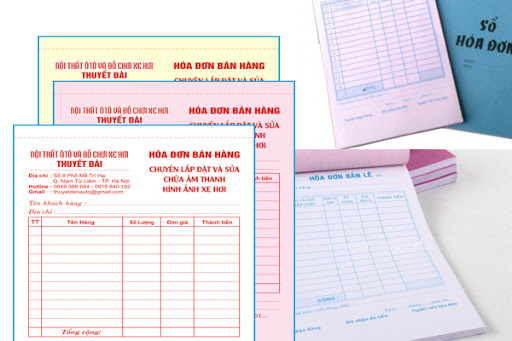
Specifically, according to Clause 1 Article 4 of the Decree No. 51/2010/NĐ-CP of Vietnam’s Government, there are 04 types of invoices, including: export invoice, value-added invoice, sale invoice and other types of invoice, including tickets, cards or documents.
However, according to Article 8 of the Decree No. 123/2020/NĐ-CP of Vietnam’s Government, invoices are classified into the following types:
1. Value-added tax (VAT) invoice is an invoice which may be used by organizations making VAT declaration by employing the credit-invoice method for the following activities:
- Domestic sale of goods or provision of services;
- Provision of international transport services;
- Export of goods to free trade zones and other cases considered as export of goods;
- Export of goods or provision of services in a foreign market.
2. Sales invoice is an invoice which may be used by the following organizations and individuals:
* Organizations or individuals that declare and calculate VAT by employing direct method for the following activities:
- Domestic sale of goods or provision of services;
- Provision of international transport services;
- Export of goods to free trade zones and other cases considered as export of goods;
- Export of goods or provision of services in a foreign market.
* Organizations or individuals in free trade zones that sell goods or provide services to the domestic market, sell goods or provide services to other organizations/individuals in free trade zones, or sell goods or provide services to a foreign market. In such cases, invoices must bear the phrase “Dành cho tổ chức, cá nhân trong khu phi thuế quan” ("For organizations/individuals in free trade zones”).
3. Public property electronic sales invoice is used when selling the following types of property:
- Public property at authorities, organizations or units (including state owned houses);
- Infrastructure property;
- Public property that is managed by enterprises as assigned by the Government, excluding state capital invested in enterprises;
- Property of state-funded projects;
- Property under the established all-people ownership;
- Public property appropriated under decisions issued by competent regulatory authorities or officials;
- Raw materials and supplies obtained from the disposal of public property.
4. Electronic sales invoice on national reserve goods is used when a state reserves agency or unit sells national reserve goods in accordance with regulations and laws.
5. Other invoices, including:
- Stamps, tickets and cards in the form and containing contents prescribed herein;
- Air freight receipts; receipts of international transport charges; receipts of banking service charges, except the cases prescribed in Point a of this Clause where a record whose format and contents are made according to international practices and regulations of relevant laws.
6. Records printed, issued, used and managed in the same manner as invoices, including delivery and internal transfer note, and delivery notes for goods sent to sales agents.
Besides, Decree No. 123/2020/NĐ-CP of Vietnam’s Government also specified prohibited acts related to invoices and records as follows:
For tax officials:
- Disturb or cause difficulties to organizations/individuals buying invoices/records;
- Protect or enter into collusion with organizations/individuals to use illegal invoices/records;
- Take bribes when carrying out invoice-related inspections.
For goods sellers, service providers, organizations and individuals with related rights and obligations:
- Perform deceitful acts such as use of illegal invoices or illegal use of invoices;
- Obstruct tax officials in performing their tasks, including acts of obstruction that harm the health or dignity of tax officials who are performing invoice/record-related inspections;
- Illegally access, falsify or destroy invoice/record information systems;
- Give bribes or perform other invoice/record-related acts for obtaining illegal benefits.
Le Hai
- Key word:
- Decree No. 123/2020/NĐ-CP
 Article table of contents
Article table of contents



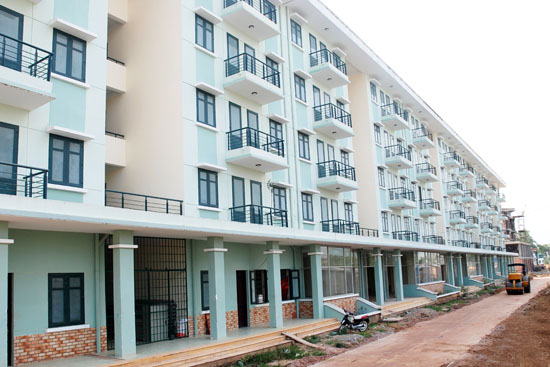
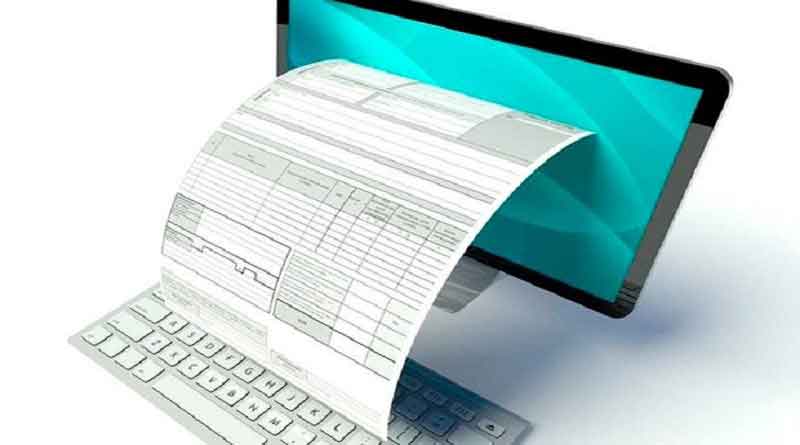

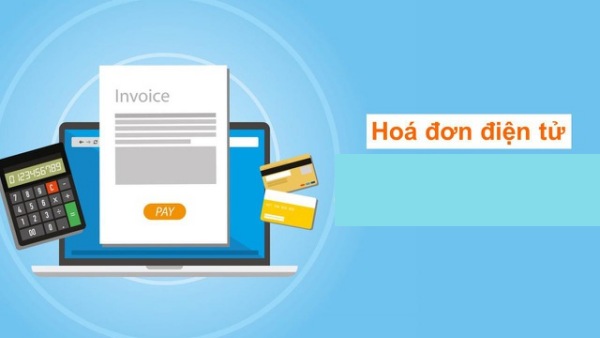

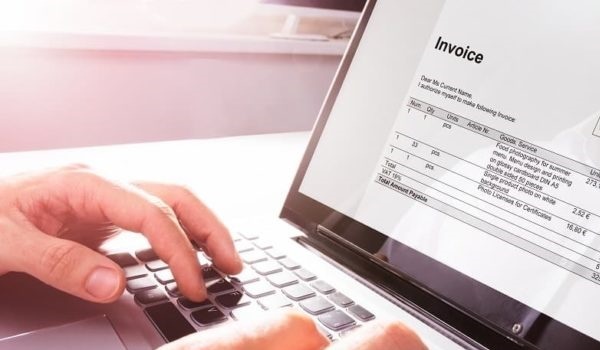

.Medium.png)
.Medium.png)
.Medium.png)
.Medium.png)
